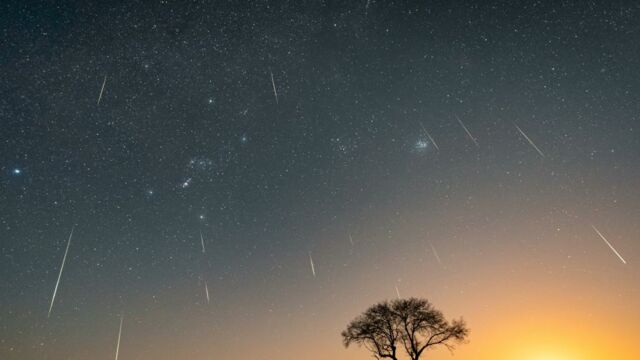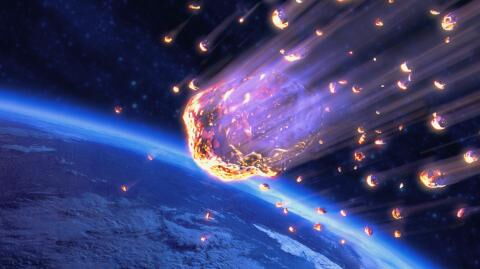After the meteor shower of the Eta Lyrids, the Eta Aquariids, the Tau-Herculids and the Bootids, astronomy lovers, you are in for a treat in July. Over the next few days, several events can be expected, including meteor showers. There will be not one, not two, but three meteor showers. The month will also be marked by another event concerning the Earth and the Sun.
Discover our latest podcast
A trio of shooting star showers
On July 10, the Pegasids meteor shower will reach its peak. The Pegasids is a weak meteor shower, and so far hasn’t really been studied. The meteor shower began on July 4 and will end on July 14.
The Piscis Austrinid meteor shower has a long life, it starts on July 15 and ends almost a month later on August 10. Its peak will be on July 28 according to Star Walk.
Finally, the Gamma Draconids meteor shower begins on July 25 and ends on July 31. Of the three showers, this one will be the strongest, with its peak being on July 28. The Gama Draconids meteor shower hasn’t shown any activity since 2017.
Where to watch all three showers
According to Star Walk, the Pegasids meteor shower will be visible in both the northern and southern hemispheres but will be higher in the sky in the northern hemisphere.
The Gamma Draconids meteor shower will be visible in the northern hemisphere, but will also be visible in the southern hemisphere closer to the horizon.
While the Piscis Austrinid meteor shower will be visible in the southern hemisphere. Moreover, they add that the conditions for the Piscis Austrinid meteor shower should be ideal as the New Moon will also occur that day.
Read more:
⋙ ‘Never-before-seen’ crystals found in meteorite that exploded on Earth
⋙ A huge comet has entered the solar system and will be visible in July















